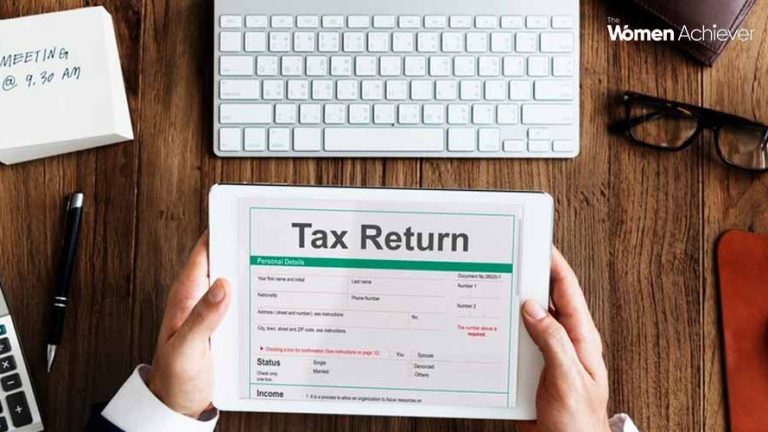Several factors have contributed to the rise in women tax filers in Karnataka
Karnataka has witnessed a significant rise in the number of women filing income tax returns (ITRs) over the past five years, reflecting the state’s progress in women’s economic participation and empowerment. Between Assessment Year (AY) 2019-20 and AY 2023-24, the number of women ITR filers in Karnataka increased from 1.13 million to 1.43 million, marking a 26% growth.
National Context
This upward trend in Karnataka aligns with the national pattern, where the number of women filing ITRs rose by 25.3% during the same period, from 18.3 million in AY 2019-20 to 22.9 million in AY 2023-24.
Maharashtra led the country with 3.68 million women filers in AY 2023-24, followed by Gujarat with 2.25 million, and Uttar Pradesh with 2.04 million.
Karnataka ranked fourth, underscoring its significant contribution to this national advancement.
Factors Contributing to the Increase
Several factors have contributed to the rise in women tax filers in Karnataka:
- Economic Empowerment: The state’s focus on women’s education and skill development has enhanced their employability, leading to increased participation in the formal economy.
- Entrepreneurial Growth: Karnataka’s supportive environment for startups and small businesses has encouraged women to venture into entrepreneurship, necessitating tax compliance.
- Awareness and Compliance: Government initiatives aimed at increasing tax literacy have made more women aware of their tax obligations and the benefits of filing returns.
- Digitalization of Tax Processes: The simplification and digitalization of tax filing procedures have made it more accessible for individuals, including women, to comply with tax regulations.
Implications of Increased Tax Filing
The rise in women tax filers has several positive implications:
- Revenue Generation: A broader tax base enhances government revenue, enabling increased public spending on infrastructure and social programs.
- Economic Inclusion: Higher tax compliance among women reflects their growing economic inclusion and financial independence.
- Policy Formulation: Accurate data on women taxpayers assists in crafting policies that address gender-specific economic challenges and opportunities.
Challenges and the Way Forward
Despite the progress, challenges remain:
- Income Disparities: A significant proportion of tax filers have zero tax liability, indicating income levels below the taxable threshold. In Karnataka, out of the total returns filed in recent years, a substantial number had zero tax liability, suggesting the need for policies that enhance income levels.
- Regional Variations: Disparities exist between urban and rural areas in terms of women’s economic participation and tax compliance.
Addressing these challenges requires:
- Targeted Skill Development: Enhancing women’s skills to match market demands can lead to better employment opportunities and higher incomes.
- Support for Women Entrepreneurs: Providing financial and technical support to women-led businesses can boost entrepreneurship and economic participation.
- Continuous Awareness Campaigns: Sustained efforts to educate women about tax benefits and compliance can further increase participation.
The steady increase in women filing income tax returns in Karnataka is a positive indicator of women’s growing economic empowerment and participation. Sustaining this momentum requires concerted efforts from the government, private sector, and civil society to create an enabling environment that supports women’s economic activities and ensures equitable growth.






Add comment